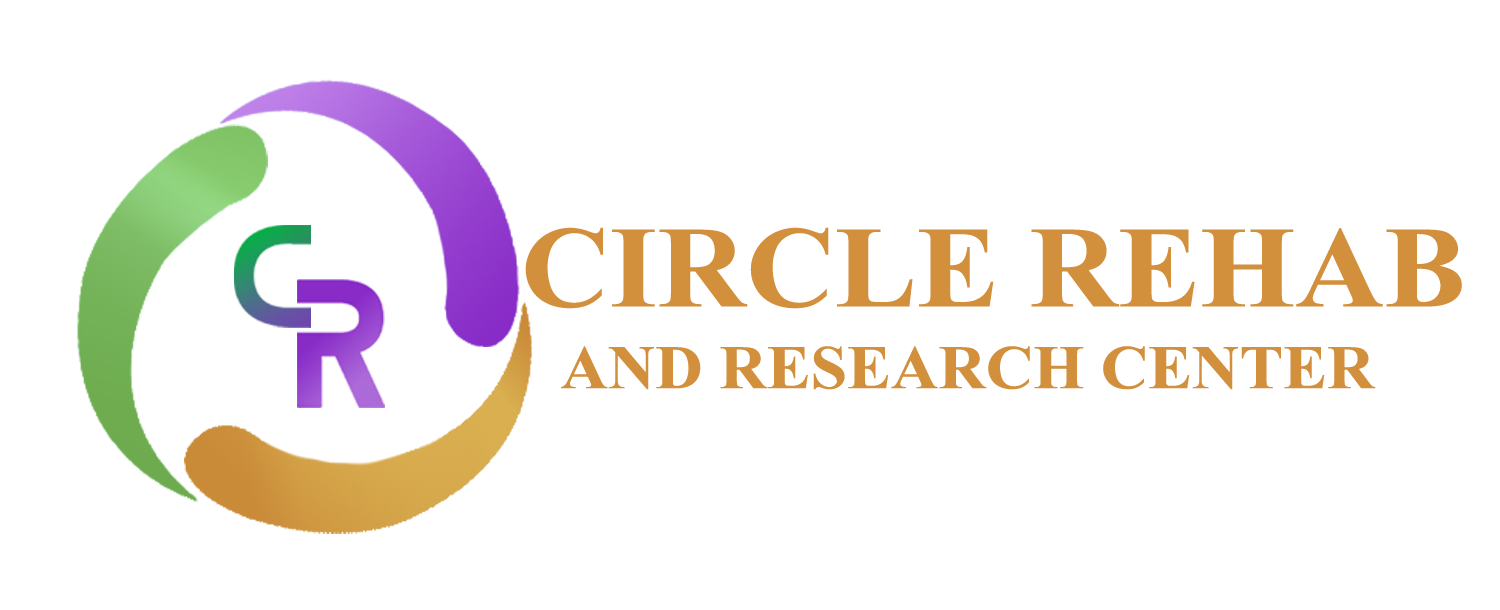Peer Review Process and Timeline
PEER REVIEW PROCESS AND TIMELINE
The Journal of Modern Health and Rehabilitation Sciences (JMHRS) follows double blind peer review process to ensure fairness, impartiality, and high scientific quality. Both authors and reviewers remain anonymous throughout the review process.
- The peer review process at JMHRS begins with an initial screening, where the editorial team evaluates each submission for scope, originality, ethical compliance, formatting, and plagiarism using Turnitin. Only manuscripts that meet these foundational requirements move forward to the review stage.
- In the reviewer selection phase, each manuscript is assigned to at least two independent experts with relevant subject expertise. Reviewers are carefully chosen to avoid conflicts of interest and to ensure diverse and unbiased evaluation. They are expected to provide constructive, objective, and timely feedback.
- During the review process, reviewers examine the manuscript based on several criteria, including originality, contribution to the field, methodological rigor, clarity, coherence, scholarly presentation, and adherence to ethical requirements such as informed consent and transparency of data.
- After assessment, reviewers provide recommendations, which may include acceptance, acceptance with minor revisions, major revision requirements, or rejection. Their feedback guides the next editorial steps.
- The editorial decision is made by the journal’s editorial team, who consider reviewers’ reports before deciding to accept, request revisions, or reject the manuscript. Authors receive detailed feedback and are expected to submit revised manuscripts within the given timeframe. Revised submissions may undergo re-evaluation by the same reviewers.
- JMHRS upholds strict confidentiality and integrity throughout the review process. All manuscripts are treated as confidential, and reviewers must disclose any conflicts of interest. The journal adheres to COPE guidelines to manage ethical concerns.
- Regarding timeliness, the journal aims to provide a first decision within 4 to 6 weeks of submission. Authors are kept updated about their manuscript’s progress throughout the review cycle.
- The journal also allows appeals and complaints. Authors may formally appeal decisions, and such appeals are evaluated independently to ensure fairness and transparency.
- Finally, JMHRS supports post-publication review, encouraging scholarly discussion and critique even after articles are published. Corrections, retractions, and updates are handled according to the journal’s Retraction and Correction Policy. All published articles remain accessible under the CC BY-NC 4.0 License for non-commercial use with proper attribution.
MANUSCRIPT TIMELINE
Manuscript/Article processing duration approximately (3 to 4 months) till publication online.
| Stage | Workflow | Duration |
|---|---|---|
| Submission Stage | Manuscript acknowledgement | 1 day |
| Pre-review Stage | Chief editor assigns article and checks similarity | 2 days |
| Initial assessment and pre-review process | 2 days | |
| Redressing as per editor comments | 12–15 days | |
| Peer Review Stage | Selection of 2–4 reviewers | 15–30 days |
| Scrutiny of reviewers’ comments | 2 days | |
| Comments sent to author for revision | 12–15 days | |
| Revised manuscript checked by editor | 2 days | |
| Second review (if needed) | 12–15 days | |
| Re-revision to author | 8–10 days | |
| Copyediting Stage | Assessment by Editorial Board | 2 days |
| Copyediting, technical editing, style check | 3–5 days | |
| Bibliographical checking | 2 days | |
| Comprehensive substantive editing | 3 days | |
| Production Stage | Layout design and galley proof preparation | 2 days |
| Proofreading and finalization | 2 days | |
| Publication Stage | Metadata correction, assign issue/volume | 2 days |
| Publish article online | 1 day |
















